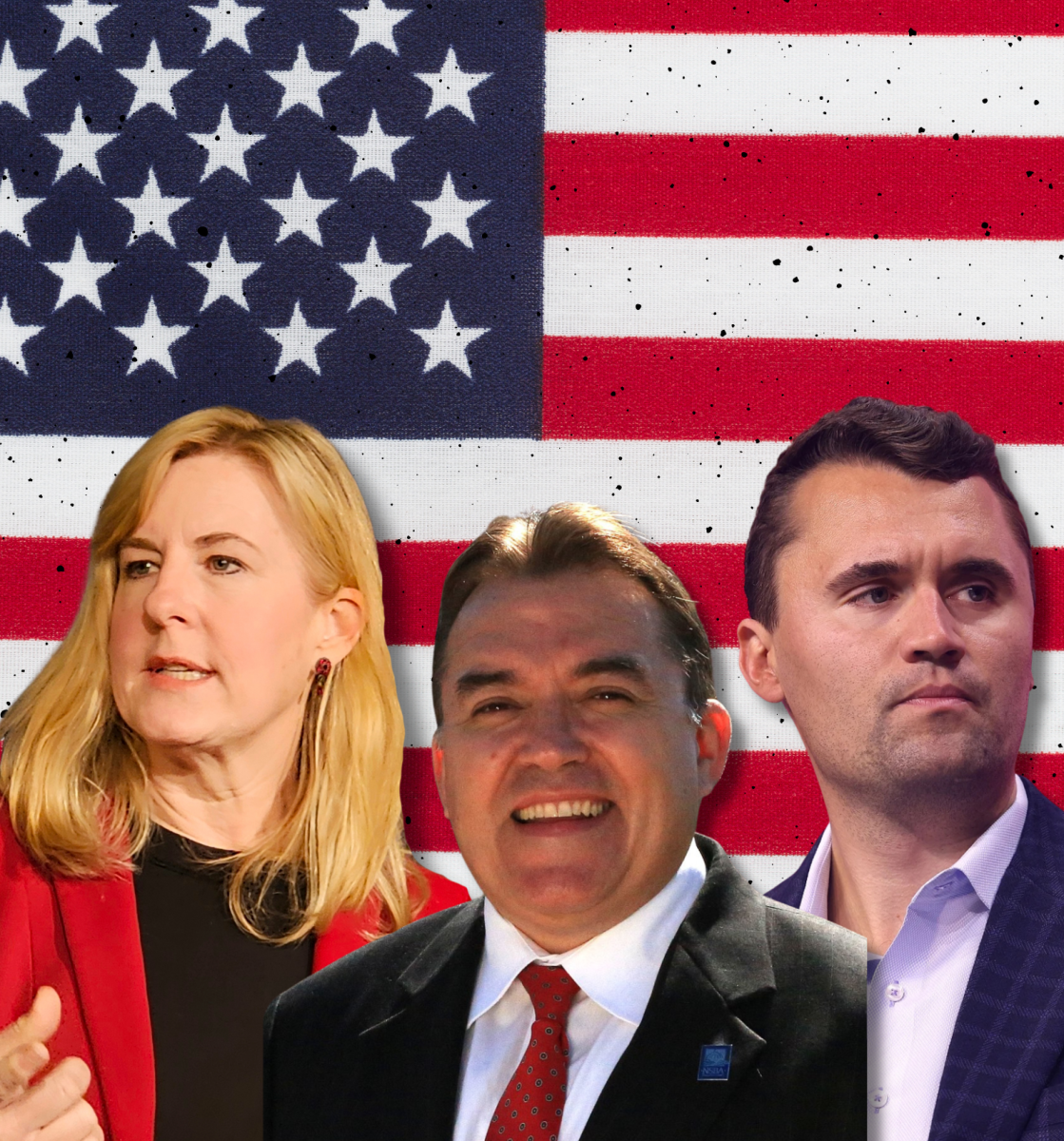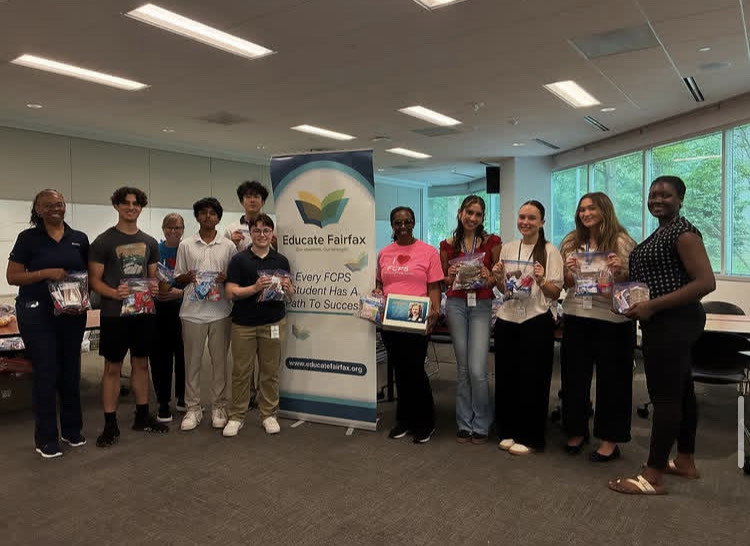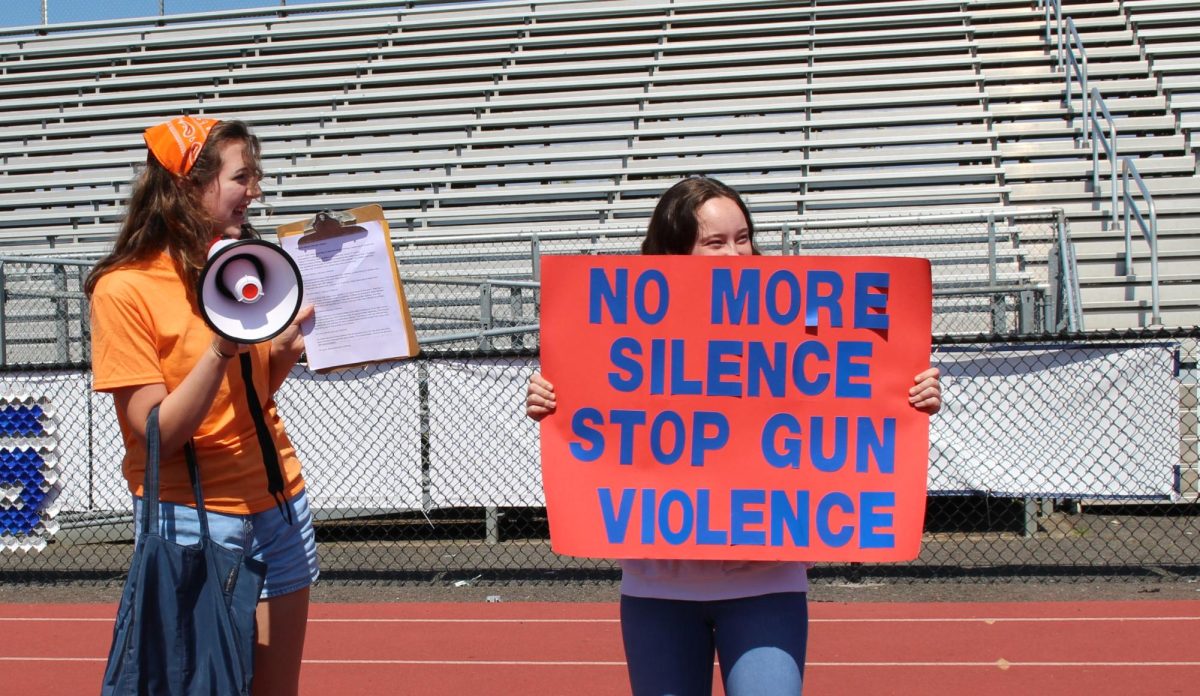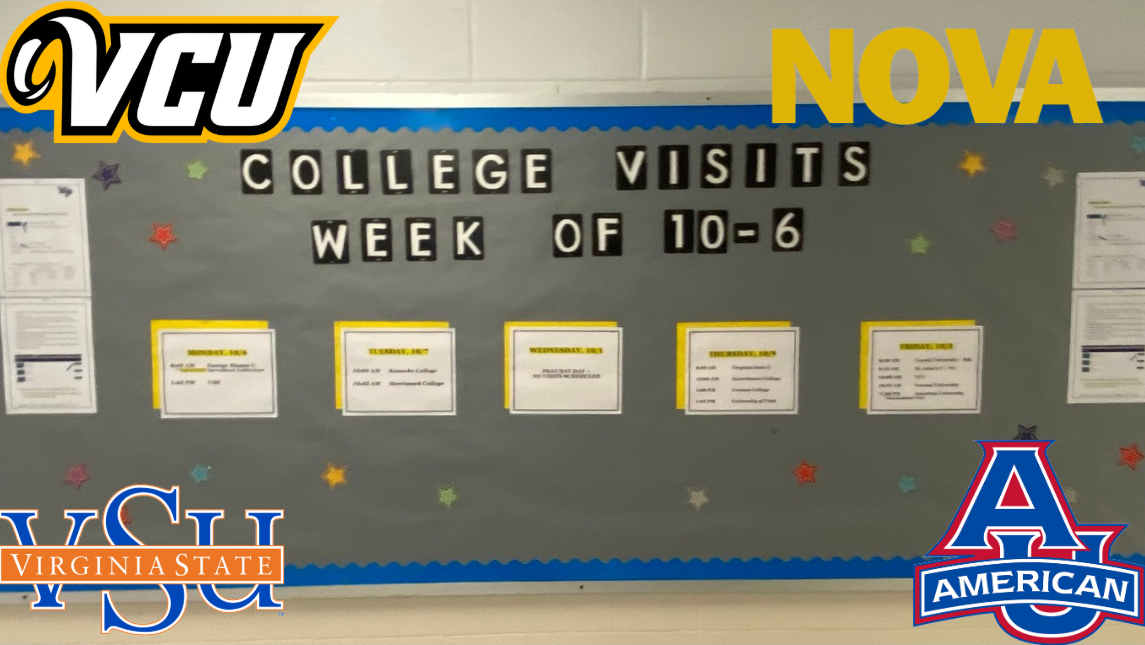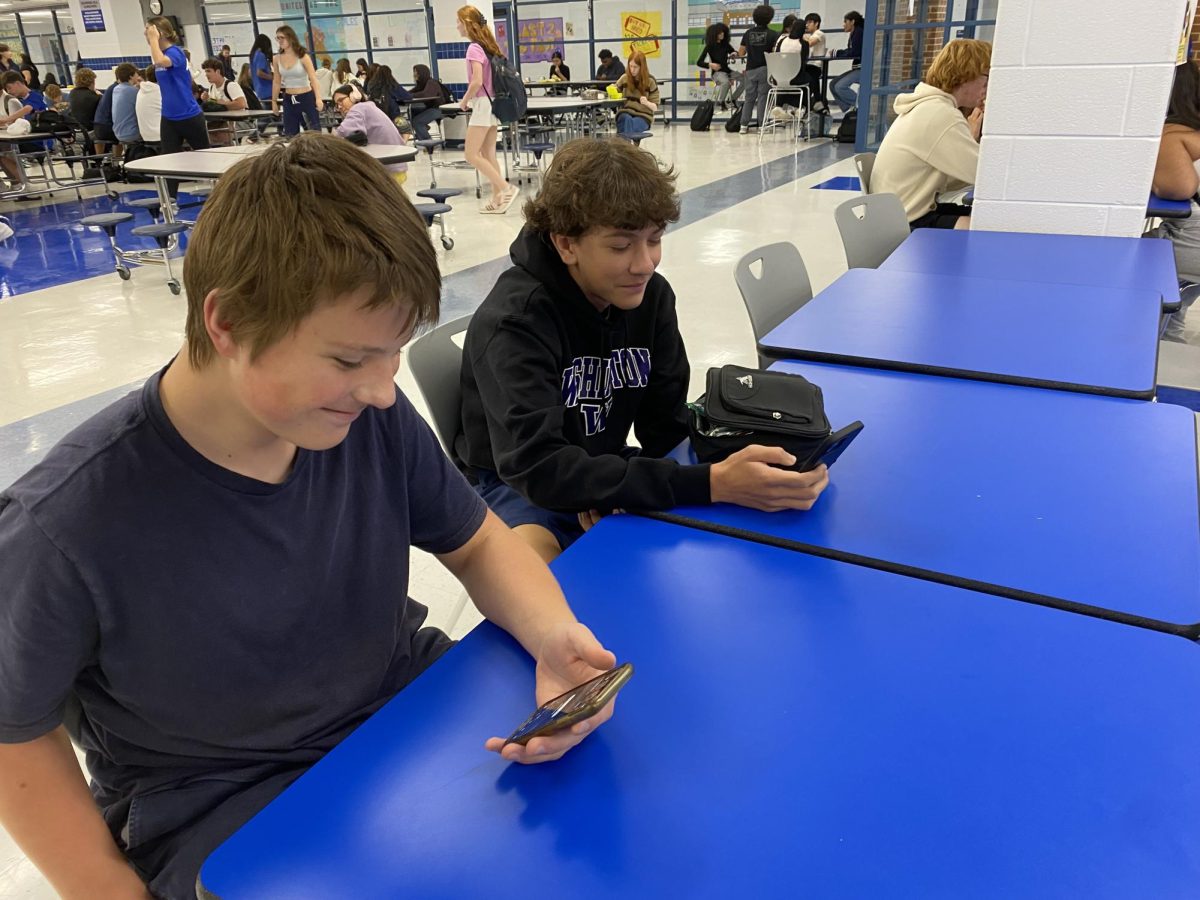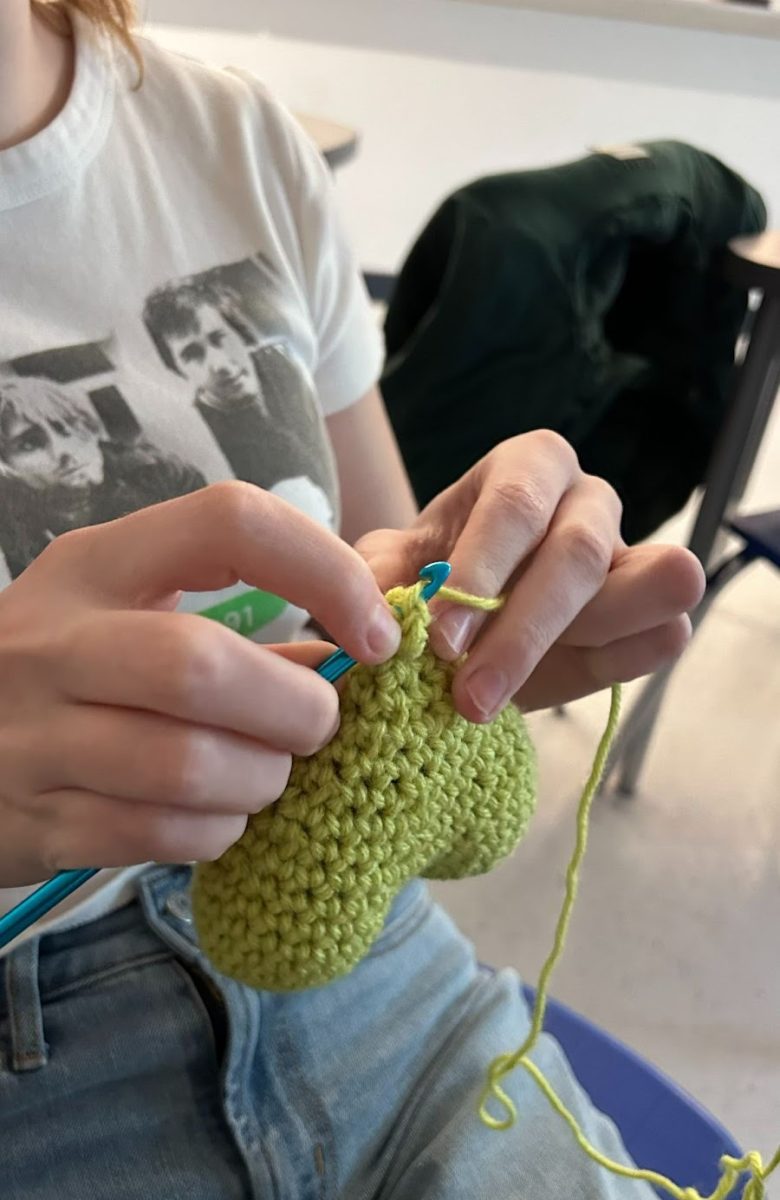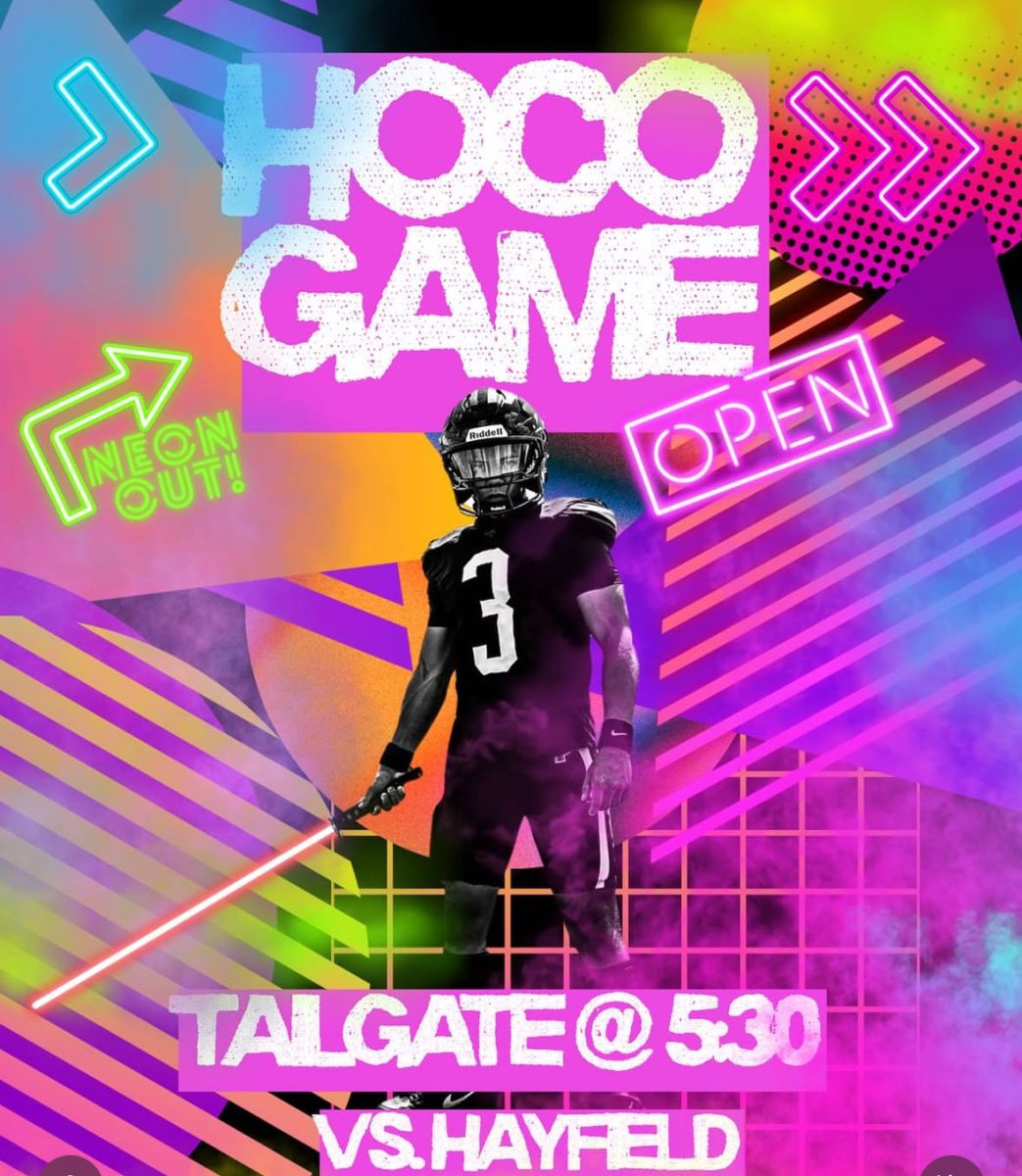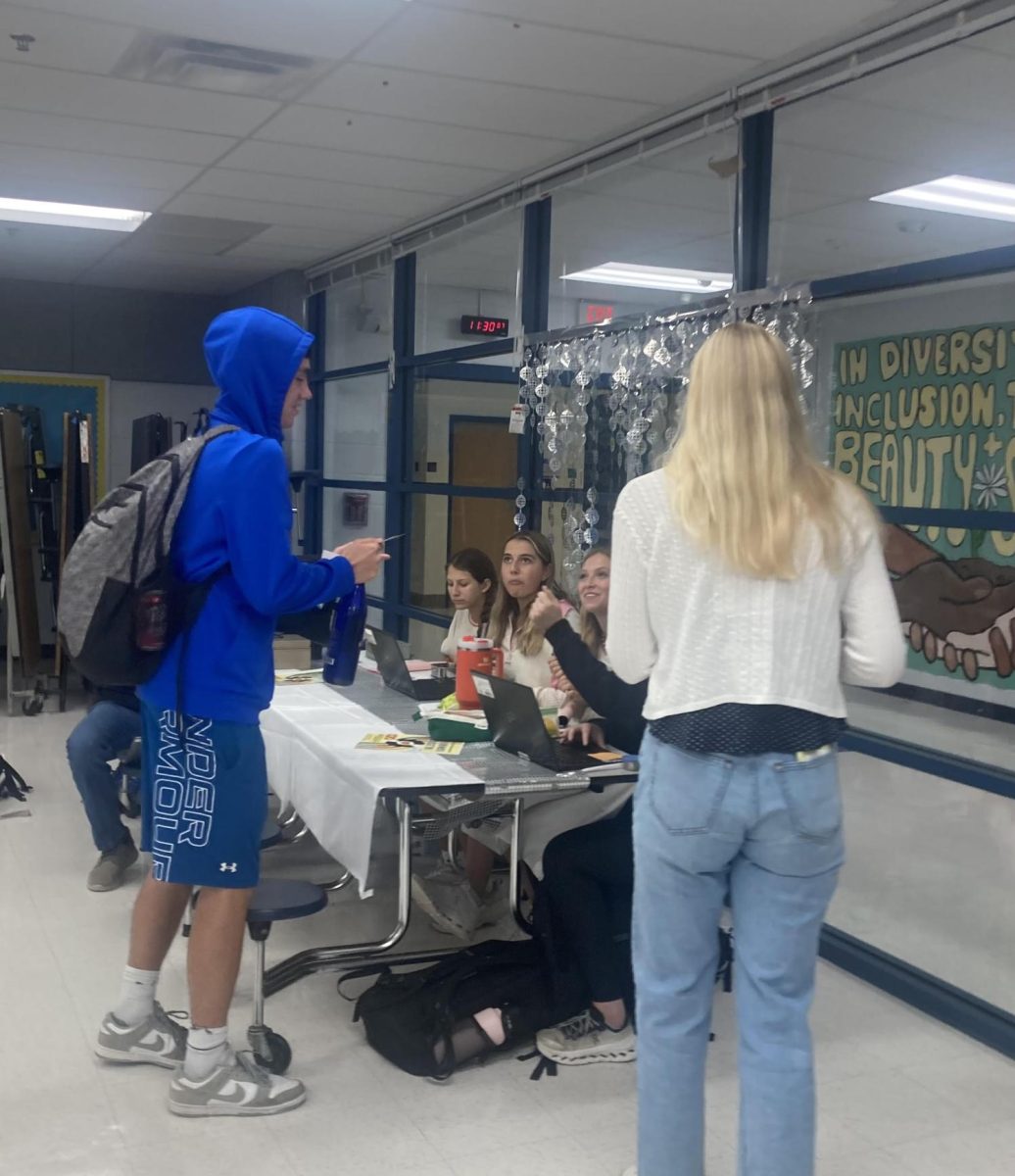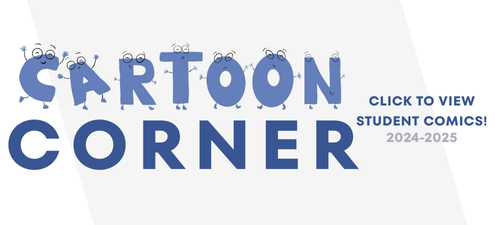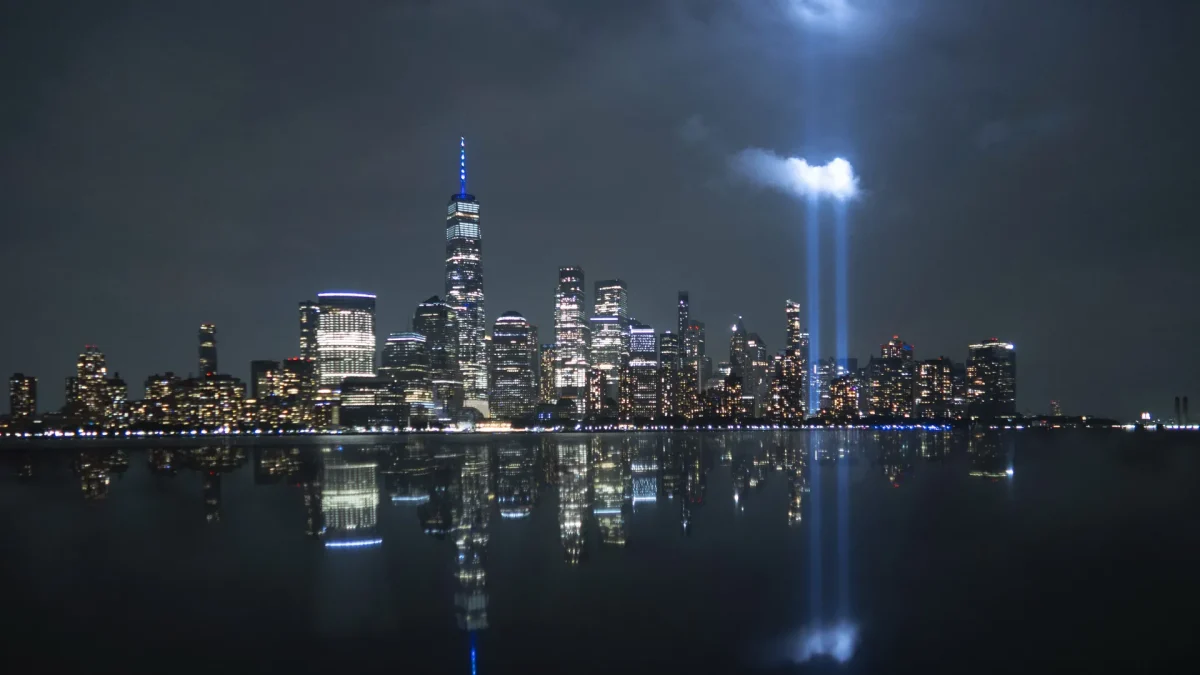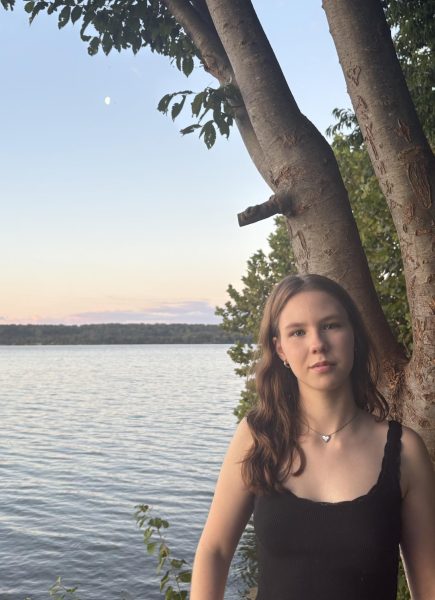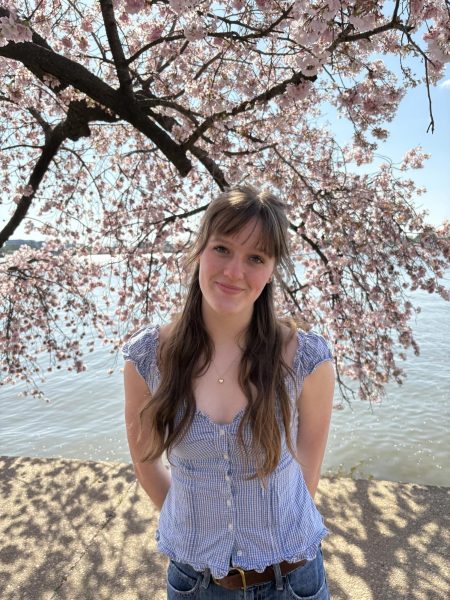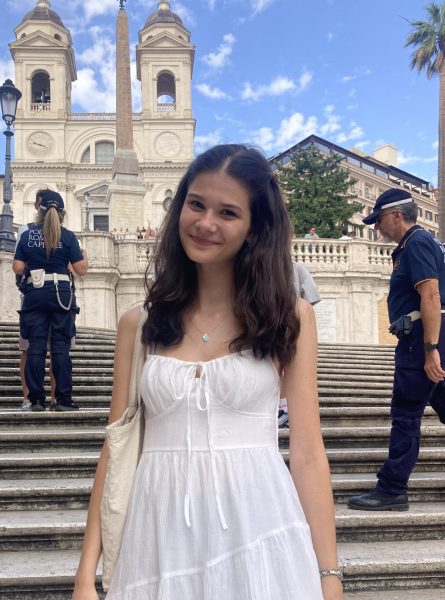Few events in American history have had the same devastating effects as 9/11. On September 11th, 2001 it only took two hours for the lives of millions of Americans to change. At 8:46 ET the North Tower of The World Trade Center was hit by a plane. The South Tower of the World Trade Center was hit at 9:03 ET.
People all over the world watched in horror as the buildings caught fire, trapping and injuring thousands of citizens. It took less than two hours for the buildings to collapse completely. The collapse of the towers left 2,606 people dead and left the city covered in sheets of gray fog caused by the debris.
At 9:37 ET a separate plane hit the west side of the Pentagon killing 184 people. All 64 people on the plane died and 125 individuals working in the Pentagon died.
The attacks left a lasting powerful effect on the minds of millions of Americans. A math teacher here at West Po, Minh Hyunh remembers exactly where he was when the attacks happened. “It was in my 9th-grade year at Robinson secondary.”
He recalls originally believing the attacks were just a crazy rumor made up by his classmates. “To me as a kid, it sounded so outlandish that a plane hit a building that I thought it was like somebody meant a cartoon.”
Later that day Mr. Minh arrived in his English class with the news on the television displaying the aftermath of the attacks. Just like millions across the world, he was struck with the immediate feelings of shock and distraught.
September 11th changed a lot of people’s perspectives on the world outside America. “The days after the world completely changed,” Mr. Minh said. He remembers no one ever paying attention to outside influences on America. “[Before 9/11] Outside influences were not a thing. Fear wasn’t something that was a part of your daily life.”
During and after 9/11, first responders were vital in saving thousands of people’s lives. In this process, 441 first responders lost their lives trying to help, save, and support those affected by the attack which is why Mr. Minh believes that every year, “We should honor the first responders and the people that went in and tried to save people and did as much as they could to help rebuild New York.”
An AP Gov and AP US history teacher, Mr. Daniel Baldwin’s story differs from the average American. At the time of the attacks, Mr. Baldwin was in the jungles of Northern Thailand unaware of the attacks until 5 days after. He initially heard about the events that transpired from his English-speaking guide. “[Our guide] Bob came up to our camp one morning […] and he was like ‘Oh, there’s a big problem in America. World’s tallest building, George W. Bush, World War III.”
However, Mr. Baldwin mostly laughed it off, as it was so outlandish he thought it was one of his guides’ ghost stories.
He soon realized something was wrong when he traveled out of the remote jungles to Bangkok, where he stopped at a restaurant and saw a Thai newspaper.
“I saw a picture of the World Trade Center towers, and there was smoke coming out of it. I was like, oh my gosh, there was a terrorist attack in America.” He only learned the extent of the attack after being told by a Dutch couple.
When he found out that the towers had actually fallen, he was flabbergasted. He knew everything would be different when he returned home to America. Mr. Baldwin found that “A lot of Americans were united, but they were all united in a very tunnel vision path to war.”
When he got back to America, his travels made him excited to talk to the people around him about his experiences with different cultures and places. Due to the attacks, Americans had become closed off from outside societies, viewing them as ‘dangerous’.
For example, Mr. Baldwin recounts how people’s reactions to his travels to Nepal were ‘Oh, that’s dangerous’, rather than ‘Oh, that’s cool, tell me about it!’.
Despite their different experiences, he agrees with Mr. Minh that Americans should spend 9/11 honoring those affected.
“I think we should remember the people whose lives were lost in the Pentagon and the World Trade Center, but I think we should also remember the American service members.”


